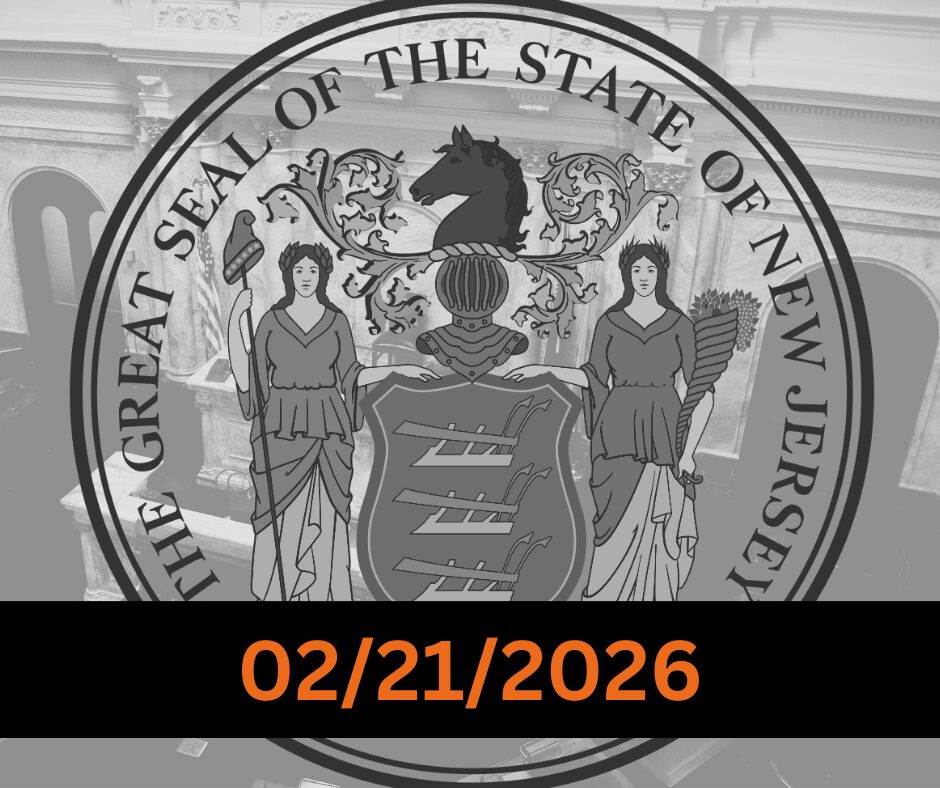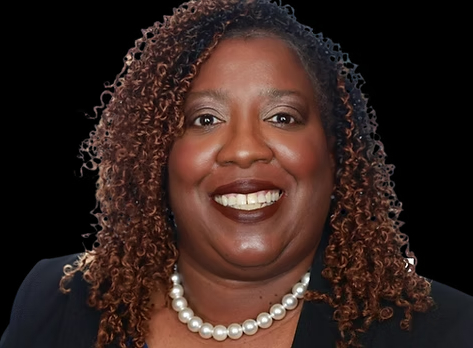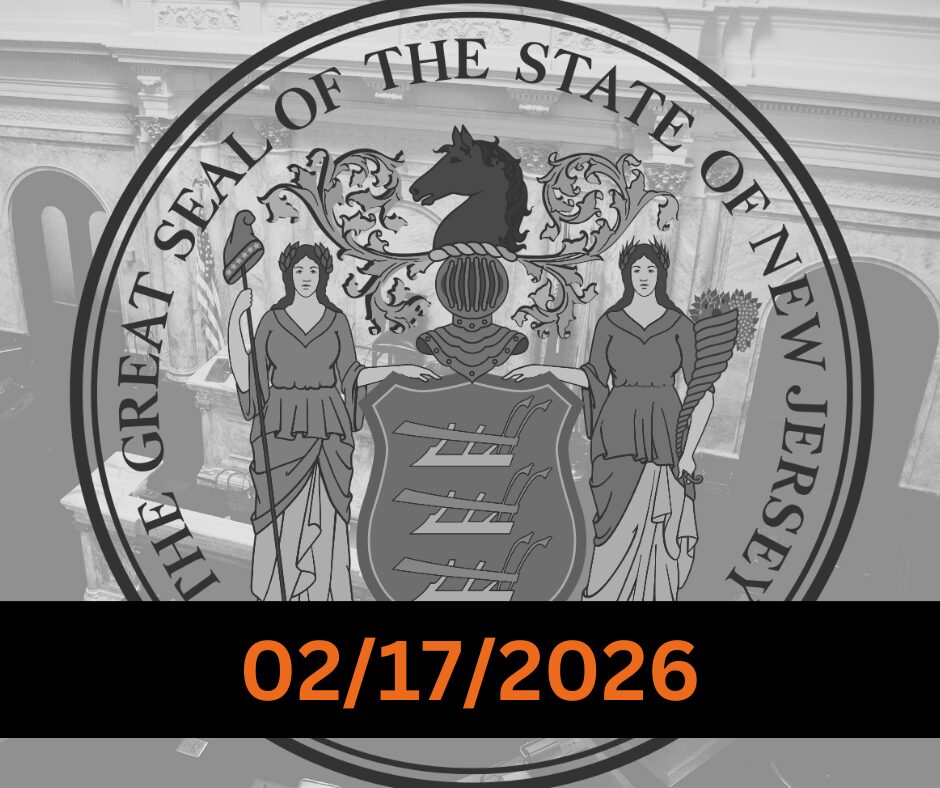Michael Gottesman is the Founder of New Jersey Public Education Coalition. This Contribution was written as a response to ‘Another Marathon BOE Meeting Reveals Clear Lines Between Board Factions‘
Throughout our state, as a result of the politicization of local Boards of Ed and major controversies being addressed at this time, BOEs have been making it increasingly more difficult for residents to determine what is actually being addressed at board meetings. When issuing their agendas and posting them on-line, they have been failing to post copies of attachments, exhibits, supporting documentation etc. With increasing frequency, Boards have merely been posting an outline of what will be addressed at the meeting.
As a result, residents who wish to comment are oftentimes left clueless.
How are they able to do this and not violate the Open Public Meeting Act?
Well, the BOEs (and many town councils as well) are relying on a New Jersey Supreme Court case in order to prevent transparency.
In 2015, The New Jersey Supreme Court decided a very important case for municipalities and other public entities in Opderbeck v. Midland Park Board of Education. In this case, the Court addressed and reversed the definition of the word “agenda” as used in the Open Public Meetings Act (OPMA).
The Court stated:
“The Law Division construed the term “agenda” to include the attachments and supplemental documents mentioned therein and, as a result, permanently enjoined the Midland Park Board of Education to post on its website copies of any appendices, attachments, reports, and other documents referred to in its agenda. We reverse and construe the term “agenda” by giving it its plain, ordinary meaning: a list or outline of things to be considered or done. This definition of “agenda” is also consistent with the definition of the term contained in a formal advisory opinion issued by the Attorney General shortly after the Legislature adopted the OPMA, and has guided public bodies on the meaning of “agenda,” as used in N.J.S.A. 10:4-8(d), for nearly forty years.”
While 10 years ago it might be argued that this was necessary because of the potential cost of reproduction of these documents, clearly with our advances in technology, it is very easy and inexpensive to post documents online in multiple formats. Doing so would not represent the expending of a great amount time or expense as documents are easily scanned in as PDFs on a regular basis in most municipalities, government organizations and businesses.
Dangerously, the interpretation adopted by the New Jersey Supreme Court back then allows for a total lack of transparency and can be resolved by adding an additional provision to N.J.S.A 10:4-12 which includes the following definition of the word “agenda”:
“The Agenda to be published in accordance with N.J.S.A 10:4-8(d) shall include copies of all exhibits, attachments and documents referenced in the Agenda or to be addressed at the meeting with the exclusion of items covered by subparagraph 7.b. items (1) through (9). These documents may be provided in either paper form or scanned into an appropriate format and posted online with notification of the location of the post being given to the general public.”
And that’s it.
Two sentences to ensure continued transparency of government processes to the residents of our state.
It is a logical action so that our residents may continue to be active and involved in our government processes.
Michael Gottesman
NJ21st does not profit from its content, does not accept money for campaign or business advertisements and is not run by a corporation. We are the only independent news source for Berkeley Heights, NJ and many Surrounding Communities. We welcome content from ALL residents, regardless of political affiliation as long as they work or reside in the 21st District and abide by our terms.
Read More From Community Voices
Subscribe to NJ21st For Free
|



